The maquila industry is one of the main economic activities in the northern regions of Honduras. There, hundreds of women work endless days, and are often made the victims of abuse.
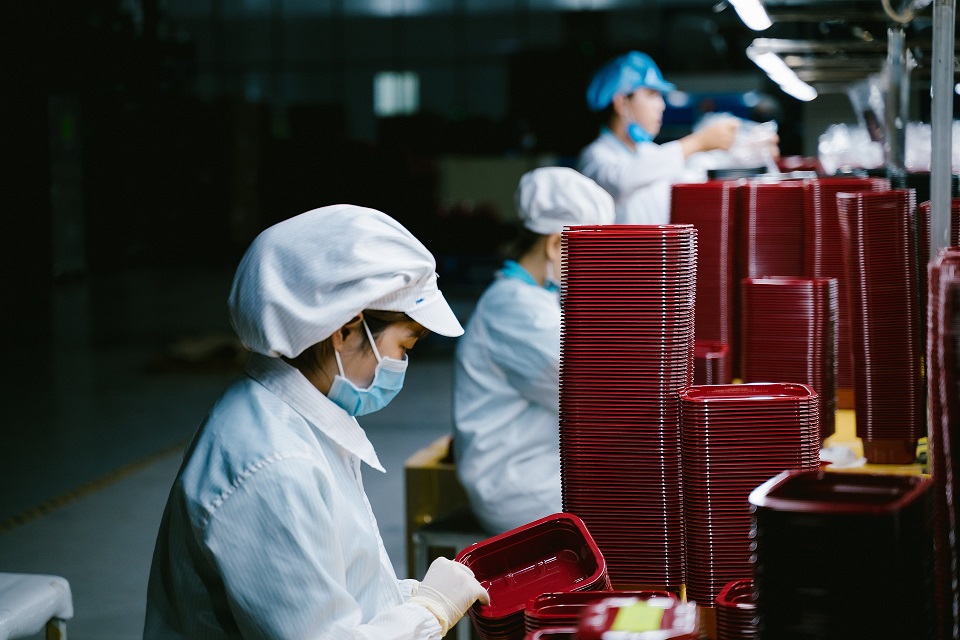 Benjamin Serra
Benjamin Serra
Municipalities to the north of the country such as San Pedro Sula, Villanueva and Choloma are where most of the manufacturing for big multinationals, subcontracted to local businesses, is concentrated.
The majority of workers are women, one of the groups most affected by the exploitation of maquila workers.
Faced with this situation, in 1989 a group of women formed the Honduran Women’s Collective (Codemuh), a feminist organisation which fights for the defence and extension of rights for maquila workers.
Reyna Isabel Tejada has been a member of Codemuh since 1993. She tells The Prisma about its work in a meeting, organised by the Central America Women’s Network and War On Want, which brought her to London.
What’s day-to-day life like for a maquila worker?
A maquila worker gets up at four in the morning to have everything prepared at home before leaving for work, to get her kids ready, prepare some food and quickly catch the bus to work. When she gets there she works without rest to meet production targets over working days of up to eleven and a half hours.
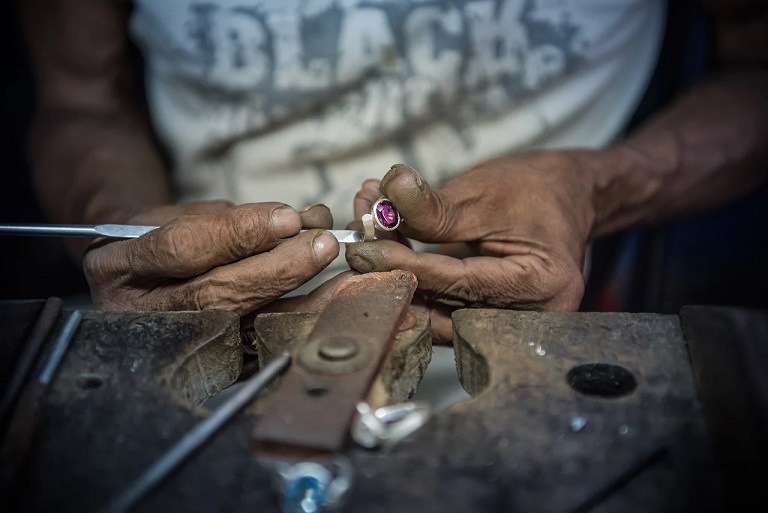 What are working conditions like?
What are working conditions like?
Workers don’t even drink water so that they won’t have to go to the toilet and they don’t leave during breaks. They only take 10 minutes for their lunch break before returning straight to their machines. And they are even pressured by colleagues to keep working since salaries depend on overall production.
What is the situation like for women in Honduras at the moment?
Honduras has been affected by the economic and financial crisis, as well as the political and social crisis which keeps the people of Honduras, and women in particular, swamped in violence, insecurity and impunity. Levels of violence go up every day due to the lack of adequate policies to prevent violent acts against women. In 2011, 512 women were killed. Just 3% of those cases came before the criminal courts, and those that did were not even considered instances of femicide.
And does this situation translate to the workplace?
Yes, that’s right. Women suffer work-related violence as a result of their inability to earn a living wage and the fact they work in conditions which put their health at risk. In Honduras, women are in vulnerable employment and work in very dangerous environments. In these types of cases the state has demonstrated a lack of political will to monitor working conditions and modify labour practice.
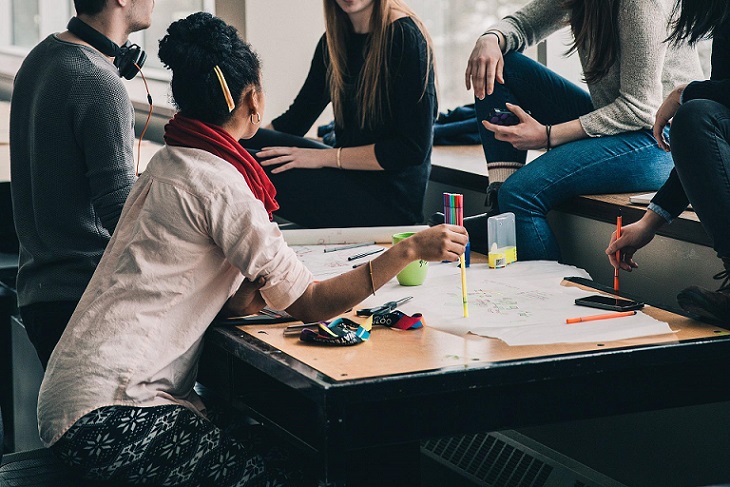 The situation could be the product of a patriarchal and chauvinistic system.
The situation could be the product of a patriarchal and chauvinistic system.
Society has taught us that women should be shut up at home, taking care of the housework and concentrating on the private sphere. Men exercise a dominant role over women, occupying public spaces as though they were meant for them alone, but we can unlearn what the system taught us and acknowledge that women can take charge.
Are women’s rights starting to be accepted in your country?
It’s a little difficult to speak about respect for rights because in reality they are all violated, but the main focus of feminist organizations’ is respect for our rights. Now, those of us who have been informed and made aware of our rights demand respect.
Is that how Codemuh came about?
The aim was to oppose the current situation where human rights were being violated. We needed greater organisation and training to introduce changes and achieve real social justice, bringing down the neoliberal politics which have impoverished the people, and women in particular.
Codemuh’s founders realised that women were being mistreated; they were suffering from discrimination, domestic violence and sexual abuse.
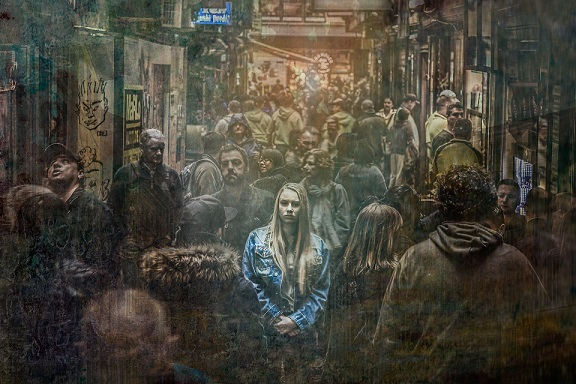 This was on top of the redundancies and punishment they were facing in the workplace.
This was on top of the redundancies and punishment they were facing in the workplace.
How did Codemuh evolve?
Codemuh started to fight outside the industrial parks, at the doors of the factories, informing women and shedding tears with them. We look for financial support for collective psychotherapy workshops, we find it and we get to work.
What activities are Codemuh involved in at the moment?
Our emphasis is on organisation and education, with activities like workshops, forums, talks… The aim is to sensibilise and denounce. We even have programmes on two different radio stations. As well as working on a comprehensive training programme for women, we also have a campaign called “Work Yes, but with Dignity” led by a team made up of both current and former maquila workers.
As well as educational and training drives, you are also take part in industrial action.
Yes, for example when workers are made redundant and they ask us to get involved, we organise protests in front of the Ministry of Labour and the industrial parks where they work or the Honduran Association of Maquiladoras. The women want to keep working because they need to have Social Security and be treated for health problems like back pain, more often than not caused by the hard work they do.
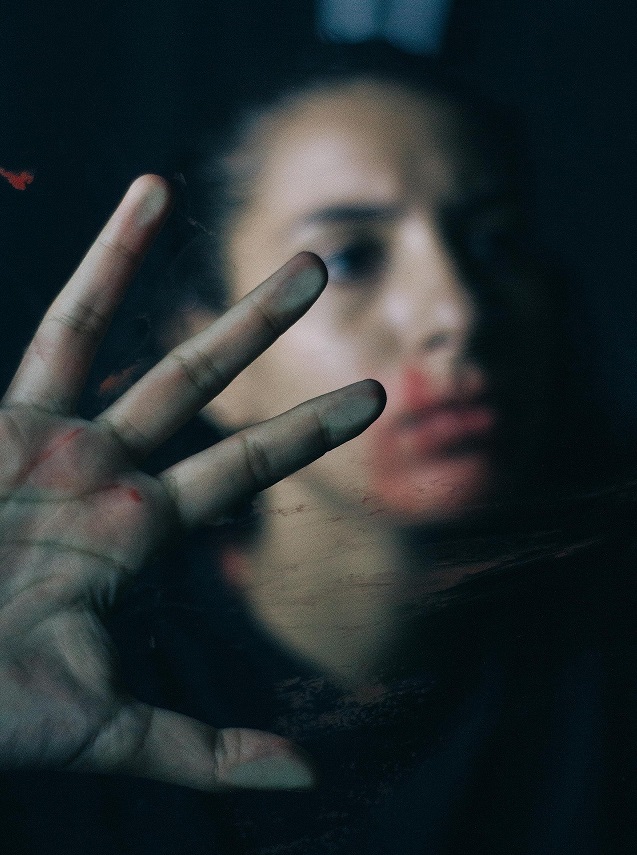 We managed to get the Honduran Institute of Social Security to hire doctors for the Technical Committee on Occupational Risk.
We managed to get the Honduran Institute of Social Security to hire doctors for the Technical Committee on Occupational Risk.
So the women feel supported by Codemuh?
They feel very supported and that gives them hope to keep on fighting. What is more, they are part of the organisational and training processes which will solve their problems. We work on occupational health so that lots of women will claim their right to health, and without information we wouldn’t have been able to do that.
Do women who don’t work in the maquila industry also receive help?
Yes. Our work is focused on the poorest women in our country. Codemuh has 32 groups in the north of the country, in Choloma, San Pedro Sula and Villanueva. The majority are maquila workers, but there are also housewives, mothers, teenagers and the children of workers.
Why did you decide to become a member of this association?
The same day I arrived in Choloma, 28 February 1993, with great hopes and expectations of working in a maquila, I met one of Codemuh’s founders, María Luisa Regalado. She invited me to join a group of workers and I was gratified by their fight for the defence of women’s human and labour rights, so I felt very connected with the struggle.
(Translated by Fiona Marshall – Email: fiona_mn@hotmail.co.uk) – Photos: Pixabay












.jpg)












